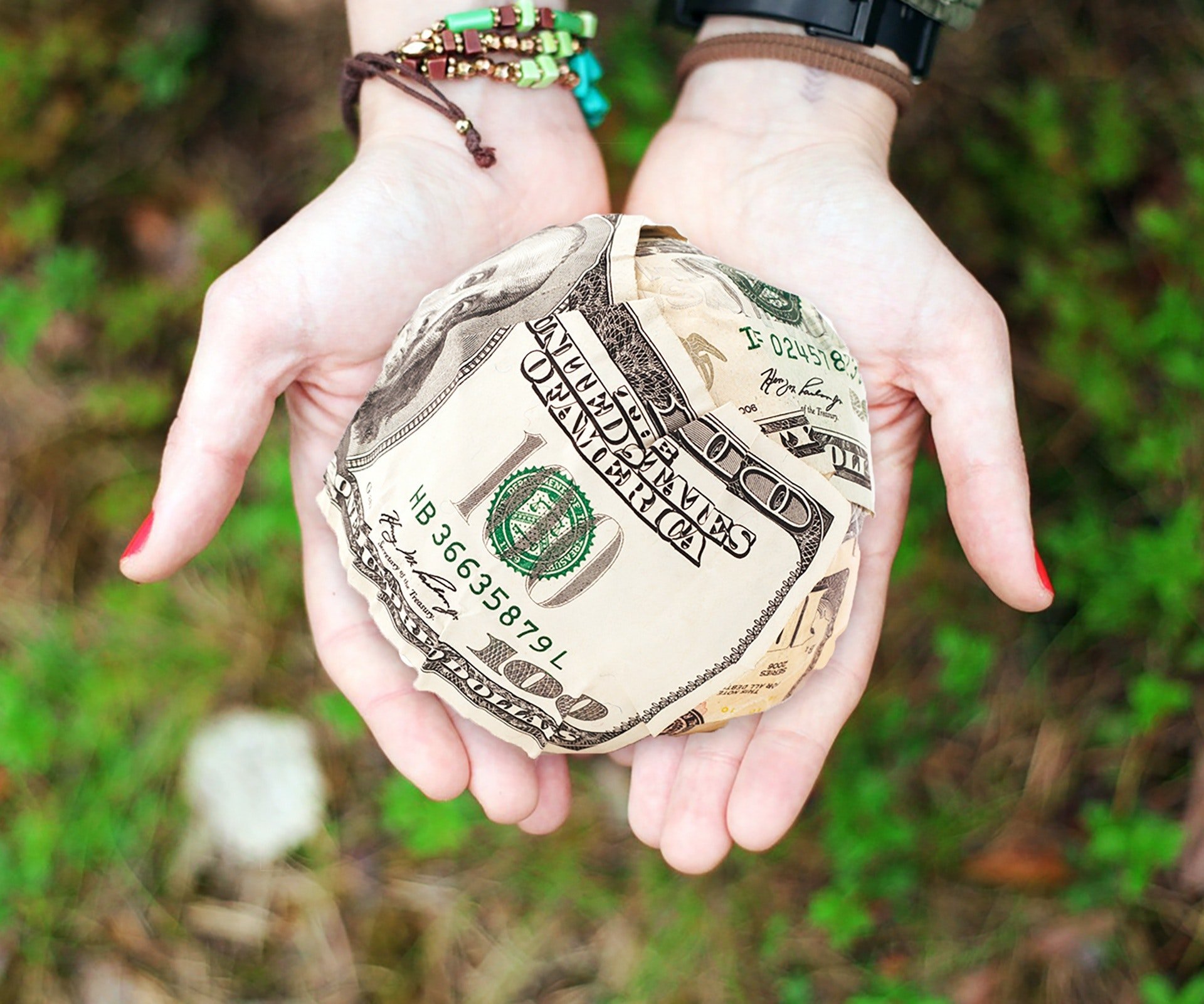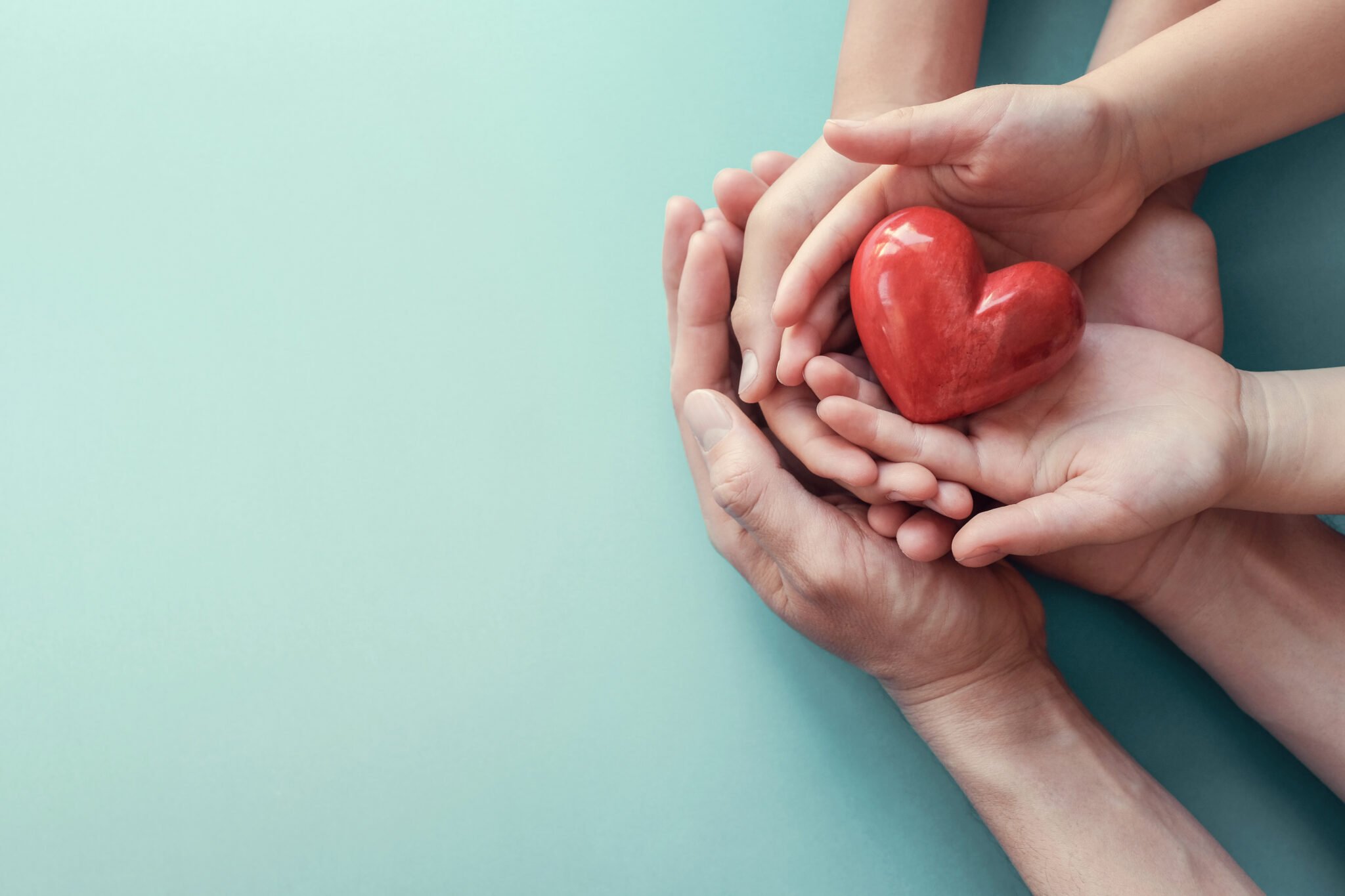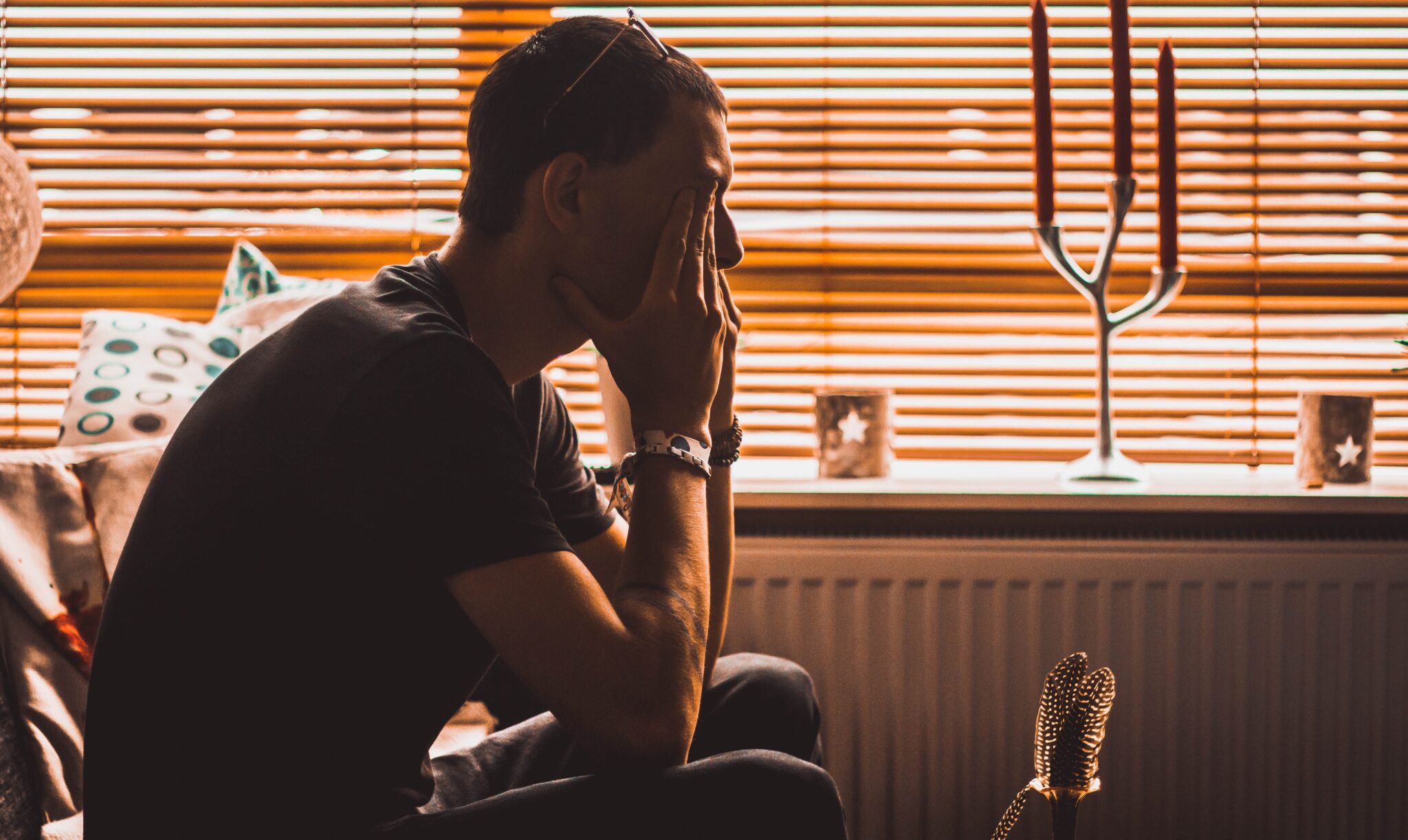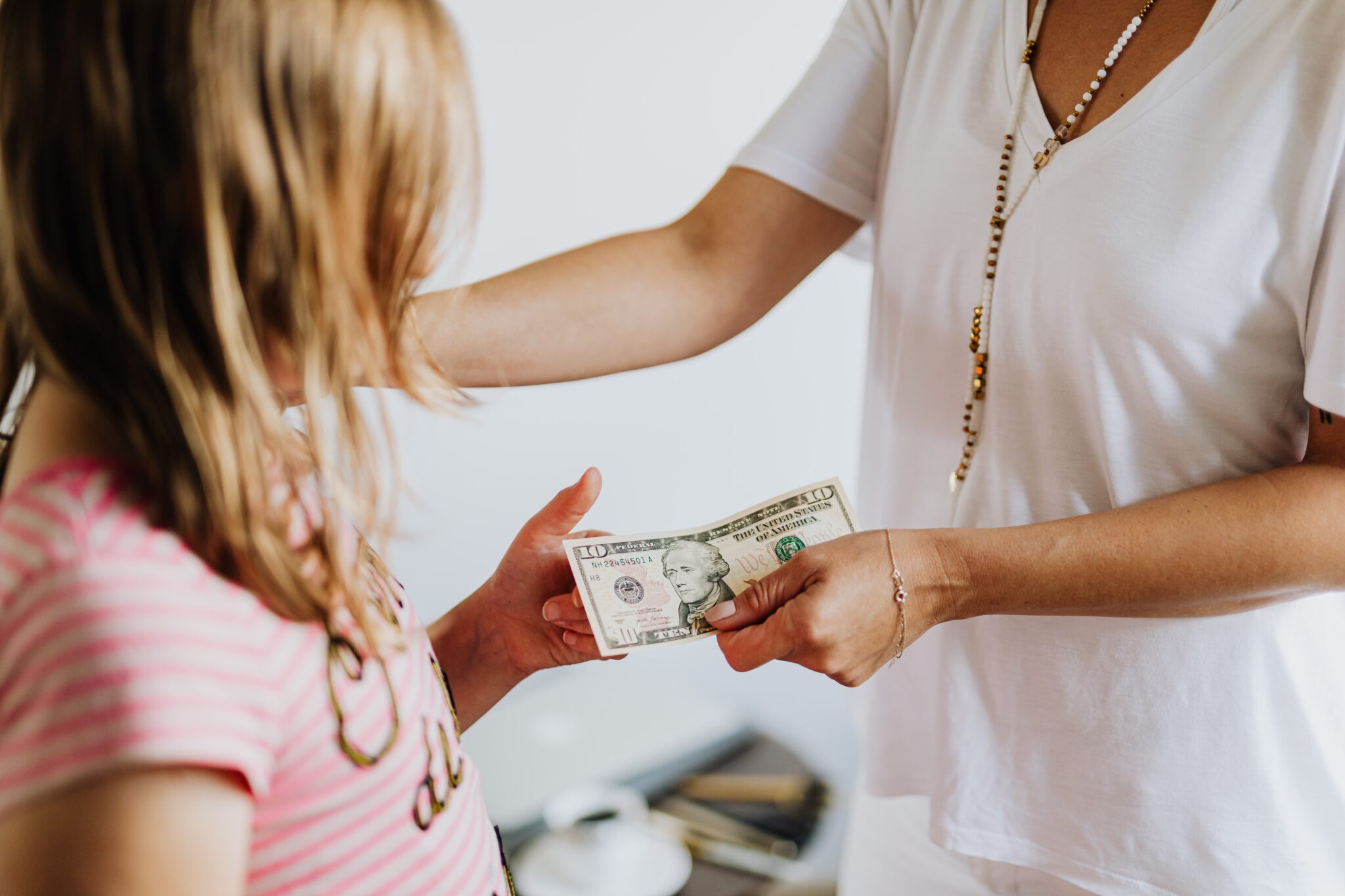Giving back to others is something that is important to so many, and for philanthropists, it’s something that colors their lives, as well as the lives of those they serve. But how does one get into it and excel at it? Track Two Podcast cohosts Sarah Gerber and Joanne Gouaux answered these questions by talking to a range of guests, all with their own humanitarian journeys. The desire to help others is one many of us share, but it can be tricky to do it well and to do it thoughtfully. In a world of white saviorism and unsustainable activism, it is vital to be considerate about how you go about giving back. However, these guests pride themselves on their thoughtfulness and respect towards the communities they serve, and they give examples as to how modern-day philanthropy is now being defined.
‘Igniting Meaningful Conversations’ with Fred Dust
Fred Dust is the former senior partner and former global managing director at IDEO. He serves on multiple boards, including Sundance, NPR and The New School, to name a few. Dust is also an author, most recently having published Making Conversation: Seven Essential Elements of Meaningful Communication. Dust’s philanthropic journey began with his father’s charity dinners, and in conjunction with his grandmother’s love for storytelling, Dust found his passion in facilitating meaningful conversations.

“I think there are people who are really good at listening to the world. And it’s about how do you use creativity and imagination and joy and bring that to the hardest conversations in your life?” Dust has highlighted the power of communication, and how it can realize physical change in communities.
‘Multifaceted Philanthropy’ with Kerry Rodgers
Kerry Rodgers is a social impact entrepreneur. She cofounded a nonprofit organization called Give A Day Global, a company that connects travelers to volunteer opportunities. Philanthropy has been an important topic for Rodgers since she was a young girl; she describes using her childhood allowance to donate to different charities. However, as she got older, she was exposed to the difficulties new volunteers face as they attempt to get started. Due to organization and logistics, it’s often difficult for charities to accept new volunteers. Many volunteers can relate to the difficulty of finding availability, and the frustration of wanting to help but not knowing how to realize it. However with time and continuous effort, she was able to volunteer at her local prison, spend a summer in Haiti teaching art classes and become a regular volunteer. Give a Day Global helps remedy the challenges for beginner volunteers by being the middleman between potential volunteers and charities.
‘How to Create Leaders’ with Wayne Clarke
This episode with Wayne Clarke highlights his work as the executive director at Oakland Impact Center, an organization focused on bringing help and resources to underserved communities and people. Having grown up in West Oakland himself, Clarke has seen the danger poverty and unequal treatment brings and how it affects young children attempting to make a life for themselves. The insight that Clarke has, having actually grown up in the community he is working to help, is invaluable.

Another point that Clarke brings up is the concept of self-sustainability. Too often charities attempting to do good create new dependencies instead of fueling independence. Clarke spends a lot of time and effort making sure that isn’t the case. He explains, “One of my main goals is to see the people who want to lead people to do philanthropy become the actual people who are now doing philanthropy.” Inspiring a philanthropic culture and making volunteering accessible to implement into one’s lifestyle is the work that Clarke has succeeded at in Oakland.
‘Dedicating Oneself to Humanity’ with Kathryn Bolles
In Gerber and Gouaux’s season on civil society and philanthropy, they talk to Kathryn Bolles, the associate vice president of Save the Children U.S. Save the Children is a humanitarian aid organization that works internationally, in populated cities and rural communities, to make sure children have the education, medical care and resources they deserve. Bolles talks about the experiences in her life that helped drive her to philanthropy and how she was able to improve a difficult situation not only for herself, but for others as well. The pandemic has been hard on all of us, and although it has not affected everyone the same, Bolles describes the equalization of the playing field and the way charities are reacting with the lessons they’ve learned. As Bolles responds to a question about lessons learned from the pandemic, she says, “The local solutions have struck me during the pandemic as being almost the only answer sometimes.” For these reasons, it is crucial that organizations work in conjunction with the community they are attempting to serve to allow for successful integration.






